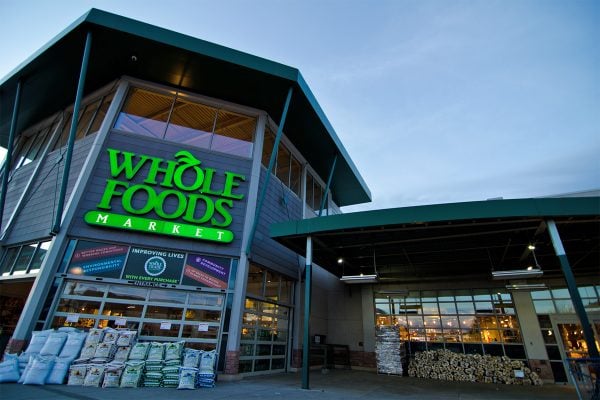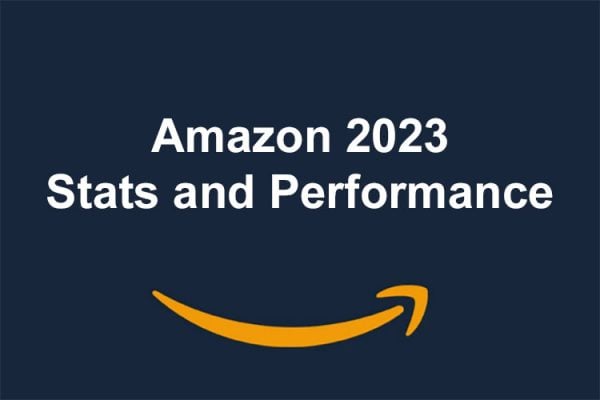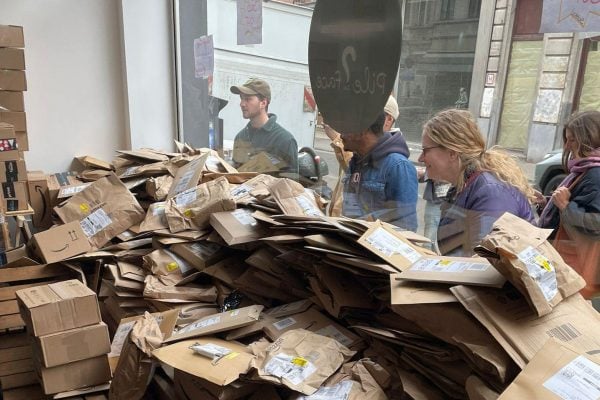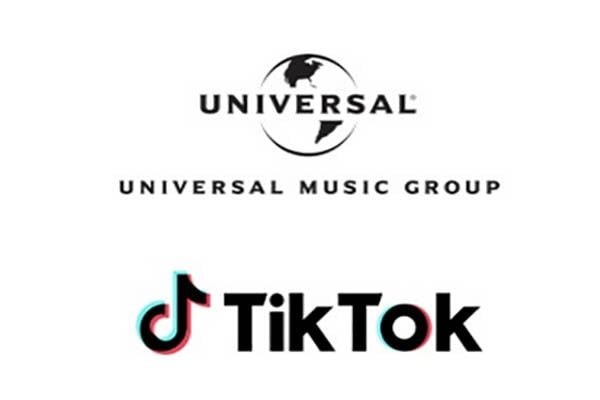 We recently had an interesting conversation with a UK Retail brand who manufactures their own products and wanted to sell on Amazon. They’ve been told by Amazon that they will not allow it, due to ‘a new policy’, which has existed for the 6 months.
We recently had an interesting conversation with a UK Retail brand who manufactures their own products and wanted to sell on Amazon. They’ve been told by Amazon that they will not allow it, due to ‘a new policy’, which has existed for the 6 months.
The manufacturer were informed that all manufacturers must now sell into Amazon using their wholesale model, where Amazon buys chunks of stock at wholeseale prices, which Amazon then sells. Effectively Amazon are insisting that the manufacturer become a first-party seller and use Amazon Vendor Central rather than Amazon Seller Central.
These are the terms which Amazon have said that they must abide by:
- The manufacturer must use a wholesale model
- Amazon MAY decide to use a drop-ship model, whereby the manufacturer would also be expected to hold the stock and fulfil the order at whatever price Amazon dictate.
- Amazon MAY request that the manufacturer exercise a pre-existing clause in all their existing wholesaler contracts, where they are not allowed to resell into 3rd-party online spaces, like Amazon.
- Amazon will use it’s Never-knowingly-undersold pricing strategy, scraping the web, including the brand website, to ensure they at least equal the lowest online selling price for each product.
Have you come across this if you manufacture your own products? Personally I find it hard to believe that Amazon can personally stock (or drop ship) products for every manufacture no matter how small, but perhaps they’re happy to allow resellers to sell on their site but not to allow manufacturers to sell direct?
The clauses they’re insisting upon are also rather harsh. Barring existing retailers to sell the manufacturers products on marketplaces seems a step too far, even if they don’t want competition on Amazon how can it be acceptable that they ban sellers on eBay, Rakuten and other sites? Also by Amazon matching the lowest price on the web and doubtless negotiation hard (dictating?) the discount that Amazon wishes to buy the product at will make it hard for other retailers to retain decent margins on their own websites.
We’d be very interested if you’ve experienced Amazon’s manufacturer supplier contracts and how it’s affected your business and your wholesaler/resellers. All comments welcome.










16 Responses
~
Just as we see insurance products advertised ‘Not On Price Comparison Websites’.
We will soon see physical goods advertised ‘Not available from Amazon’
Way to go.
But pretty easy to get around. If you simply split the company into 2 or 3 separate companies.
But how about comments on sellers who have engaged in this programme and if its helped them or hindered them ? Maybe the volume make it worth it ?
We’ve been selling direct to Vendor Central for about two years in addition to selling via the marketplace for three years prior to that. Negotiations consisted of Amazon telling us to offer them our ‘lowest cost price’ which was a little different to what we were expecting to say the least. The main issues with selling to VC are that you’ll have to agree to a marketing rebate of a certain % which they like to renegotiate on a regular basis. Returns are very common too and are mostly due to overstocking. Also be prepared for them to order literally 1 of each sku to about 5 different fulfillment centers at once which can make shipping costs prohibitive. You may offer them wholesale prices but be warned they do not necessarily buy in bulk unless the items are popular. The main advantage is that you do get more page views on your skus which in theory leads to more sales! Is it worth it? – even after two years the jury is still out for us.
Surely at least one of these Amazon demands is breaking European competition law!
I’m not sure I fully understand this. Some of the goods I sell on “Amazon Seller Central” I manufacture myself. Amazon know this (and, indeed, contacted me to advise that I consider branding). No objections from them. If they insisted that I only go through “Amazon Vendor Central” I would have to stop selling my manufactured items on their site. The arrangement that is described above certainly wouldn’t be worth my while.
With eBay getting less and less attractive to sell on – I would be concerned if Amazon went the same way.
“Amazon MAY request that the manufacturer exercise a pre-existing clause in all their existing wholesaler contracts, where they are not allowed to resell into 3rd-party online spaces, like Amazon. ”
thats a low blow – if anything amazon should be pro-actively working against these kind of clauses, not supporting them.
Another reason why you’ll never see my own manufactured products on Amazon. I suspect I’m not the only small manufacturer who feels the same way either. It sounds more like an abusive marriage than a business relationship.